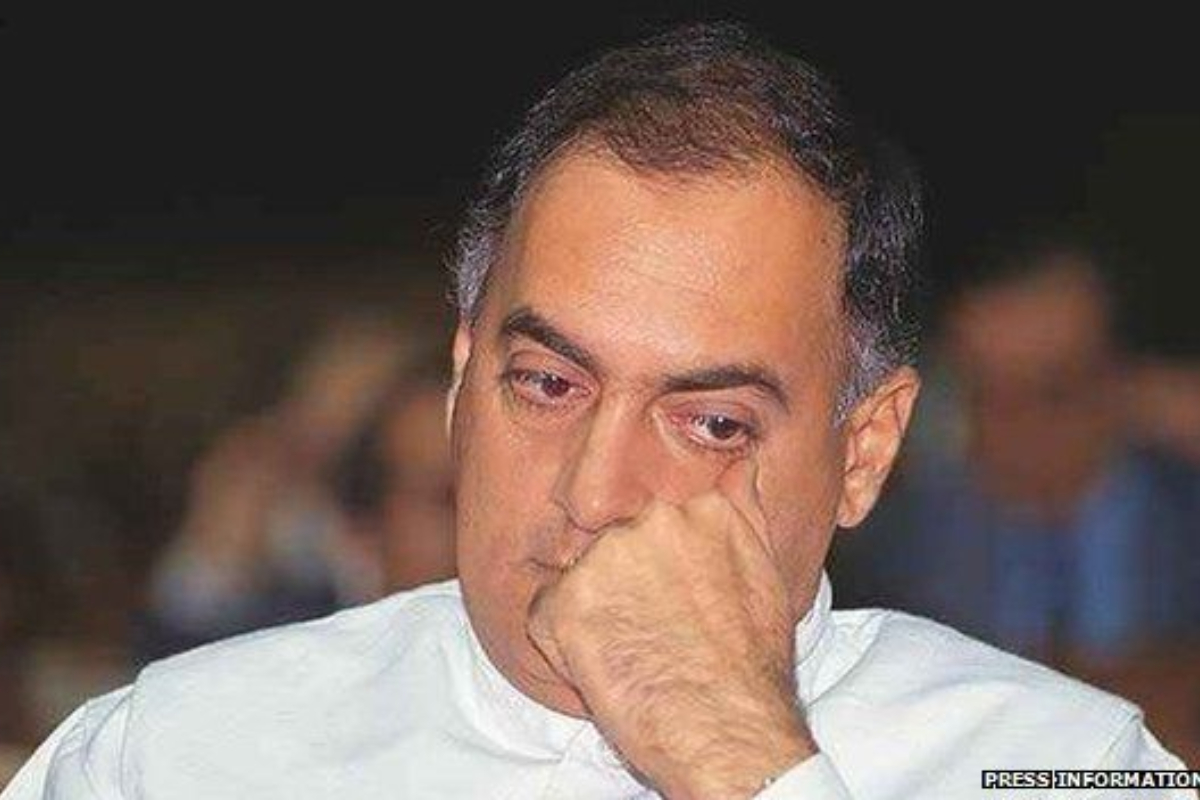- Tamil Tiger rebel group in Sri Lanka believed Gandhi’s death was punishment for India’s involvement in the civil conflict.
- The killers were first given the death penalty by a trial court in 1998.
- The Supreme Court has overturned the death sentences of four of the conspirators.
The previous prime minister Rajiv Gandhi was assassinated in 1991, and the Indian Supreme Court has mandated that six of those convicted be released.
The decision was made in response to requests for early prison release made by S Nalini and RP Ravichandran, two prisoners.
Following the top court’s May release of AG Perarivalan, another defendant in the case, they filed their petition.
All seven prisoners had served more than 30 years in prison and were all currently serving life terms.
In its order on Friday, the Supreme Court said the conduct of the prisoners during this time had been “satisfactory”.
The Tamil Tiger rebel group in Sri Lanka believed that Gandhi’s death in May 1991 was punishment for India’s involvement in the island nation’s civil conflict after Delhi sent peacekeepers there in 1987, when he was prime minister.
Gandhi’s party, the Congress, criticized the court’s decision to release the criminals.
“The decision of the Supreme Court to free the killers is totally unacceptable and completely erroneous. The Congress party finds it wholly untenable,” party spokesman Jairam Ramesh said in a statement.
“It is most unfortunate that the Supreme Court has not acted in consonance with the spirit of India on this issue,” he added.
The prisoners were among 25 persons who had been first given the death penalty by a trial court in 1998. Their release was ordered on Friday.
Only seven of them had their convictions upheld by the supreme court. Perarivalan, S Nalini, Santhan, and Sriharan, four of the convicted, were given the death penalty; three others were given life sentences. The remaining individuals were exonerated and set free.
Following a clemency appeal by Gandhi’s widow Sonia Gandhi, who had noted that the prisoner was pregnant at the time, Nalini’s death sentence was mitigated in 2000.
Due to delays in the resolution of their mercy petitions, the Supreme Court remitted the death sentences of Perarivalan, Santhan, and Sriharan in 2014.
The state of Tamil Nadu then declared its intention to release the conspirators, but the federal government filed a judicial challenge to prevent the state from doing so.
“The assassination of Rajiv Gandhi was an attack on the soul of India. The release of the killers of a former prime minister of India and our great leader, as well as several other innocent Indians, would be contrary to all principles of justice,” Manmohan Singh, then the prime minister, said in a statement.
“No government or party should be soft in our fight against terrorism.”
[embedpost slug=”indias-top-court-frees-rajiv-gandhis-killer/”]





















